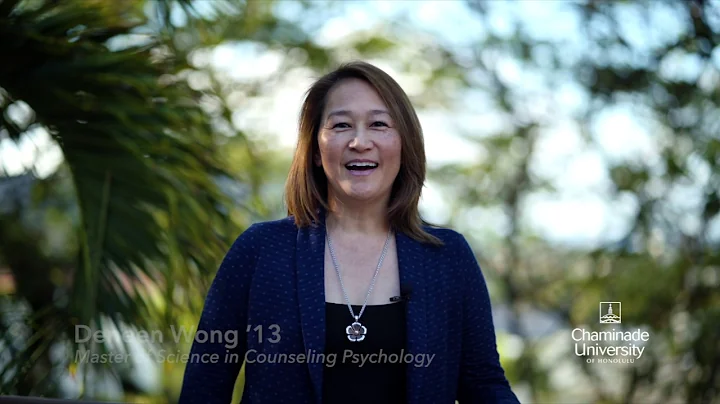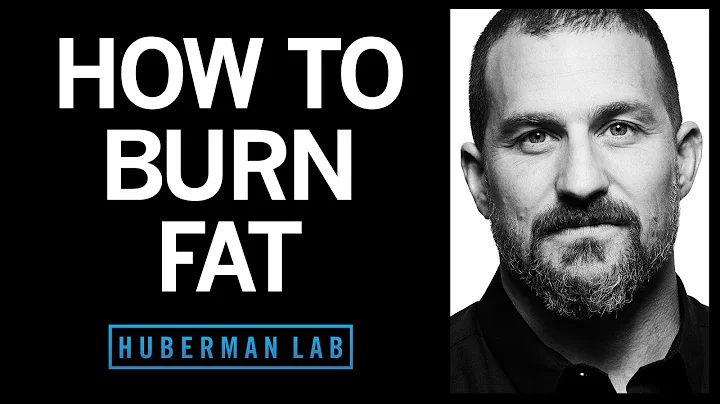Dear friends, I am Miao Baoping, a psychological counselor. Today we will continue to read the "Chapter 6 Psychological Counseling: Paying Attention to the Psychological Problems of Modern People" chapter of the book "Peking University Psychology Class".

The "should" lifestyle causes obsessive-compulsive disorder
Many people have probably heard of "you should..." in their lives. In most cases, it is our parents who tell us. This sentence pattern is called a "should statement". You may also often use this sentence pattern to motivate yourself, "I should do this", "I should listen to my parents", "Success is what I should do, I should succeed, if I don't succeed I will be laughed at", etc. The "should" lifestyle is one of the important causes of obsessive-compulsive disorder.
If a person always uses "should" to demand himself, over time, it will make you feel stressed or even resentful. Eventually, you will feel indifferent to this way of life and lose motivation to do things. If you use "should" to ask others, you will only get disappointment. This kind of thinking can also make you resentful of others. "Should" living can bring up a lot of extra emotions in you, making you hate yourself, feel ashamed of yourself, and feel guilty. If other people's behavior does not meet your expectations, you will feel pain. This trap is called “should obsession.”
How can we get rid of this painful way of thinking?
First of all, you have to get rid of these "should" forced words from your heart and find another way to motivate yourself. For example, you never want to get up in the morning. You used to tell yourself "I should get up because I have to work." After warning yourself like this for a long time, you will feel resentful towards your work, which hurts your mood at work; you will also blame yourself for not living up to expectations, feeling regretful and frustrated.
Actually, you can use this method to get yourself up - "Although getting up early makes me feel uncomfortable, a new day is coming again, and I want to have a happier life today." "I am very happy that I finally got up, It feels so good in the morning!" If you change "should" into "hope," you will treat yourself with respect. Getting out of bed gives you a sense of free choice and a sense of self-dignity. The way you look at things increases your motivation to do them.
Secondly, give up the idea of "you get what you pay for". Many people think that if you work hard, you can really achieve perfection, and after you achieve perfection, something will magically happen. For example, if you work hard to get into college, you should be able to find a good job after graduation; if I work hard, I should be promoted. In fact, there are many things that cannot be done as one wishes.
Finally, don’t force others to follow your wishes. People hate anyone who disrespects himself and imposes his will on us. "You should stay with me", "You should listen to me", "You should go exercise", etc. These words are indeed correct, but the way of expressing them is wrong.

Interpretation:
You "should" XXXX, I "should" XXXX... Are we familiar with these words? It's like it's coming from your own mouth!
Last night, I was still "educating" my wife: You didn't drink water today. Do you know that you should drink at least 4-5 glasses of water a day? Look, I'm forcing my wife to do something she doesn't want to do.
Of course, what we hear more every day are our own "regret words": I should have gotten up at six in the morning, but I got up late again, I ate too much yesterday, I should eat less; why are you so lazy, you should Do more...
All these things, it seems that we are very self-disciplined, it seems that we care about others, but in fact we are all forcing ourselves to be a perfect person. As everyone knows, doing so just falls into the trap of "compulsion", and we are getting closer and closer to obsessive ideas, compulsive behaviors, and obsessive-compulsive disorder!
Obsessive-compulsive disorder (OCD) is a type of anxiety disorder. It is a group of neuropsychiatric diseases with obsessive thoughts and compulsive behaviors as the main clinical manifestations. It is characterized by the coexistence of conscious compulsions and counter-compulsions, some of which are meaningless or even contrary to Thoughts or impulses of one's own wishes repeatedly invade the patient's daily life.Although patients experience that these thoughts or impulses originate from themselves and try their best to resist, they are still unable to control them. The strong conflict between the two makes them feel great anxiety and pain, which affects their study, work, interpersonal communication and even daily life.
Statistics in recent years suggest that the incidence of obsessive-compulsive disorder is rising. Studies show that the lifetime prevalence of obsessive-compulsive disorder in the general population is 1% to 2%, and about two-thirds of patients develop the disease before the age of 25. Due to its early onset and protracted course, obsessive-compulsive disorder often has a great impact on patients' social functions and quality of life. A global disease survey conducted by the World Health Organization (WHO) found that obsessive-compulsive disorder has become a 15-year-old disease. One of the 20 diseases causing the heaviest disease burden among young and middle-aged people aged 44 years.
According to research, obsessive-compulsive disorder is a genetic inheritance. About 5%-7% of the parents of patients have obsessive-compulsive disorder. Personality characteristics are affected by genetics. Biochemical studies have revealed that patients with obsessive-compulsive disorder have 5-hydroxytryptamine (5-HT). Functional abnormalities, dopamine and cholinergic systems may also be involved in the onset of obsessive-compulsive disorder; modern brain imaging research has found that patients with obsessive-compulsive disorder may have abnormalities in neural circuits involving the frontal lobe and basal ganglia . Behaviorism theory believes that obsessive-compulsive disorder is a habitual response to a specific situation. Obsessive behaviors and compulsive ritual actions are a means to reduce anxiety. Although anxiety is relieved, it leads to the occurrence of repeated ritual behaviors.
Patients with obsessive-compulsive disorder can use psychotherapy, behavioral therapy, and drug treatment. Some patients may be relieved within a year. Patients with severe symptoms or with obsessive personality traits and continuous encounters with many life events have a poor prognosis. Mild patients can use psychoanalytic therapy, cognitive behavioral therapy, Morita therapy for psychological treatment. Moderate and severe patients are recommended to cooperate with medication or hospitalization.
In daily life, everyone will have some compulsive actions, such as whether the door is locked, the power is turned off, the car door is closed, etc. As long as the frequency is not high and it does not affect one's life, work, and interpersonal communication, it is fine.
June 25, 2022











![[Source: Communist Youth League Guancheng Hui District Committee] In order to further enhance parents’ self-emotional control and promote the harmonious and healthy development of parent-child relationships. On June 30, the Communist Youth League Guancheng District Committee and - DayDayNews](https://cdn.daydaynews.cc/wp-content/themes/begin/img/loading.gif)









